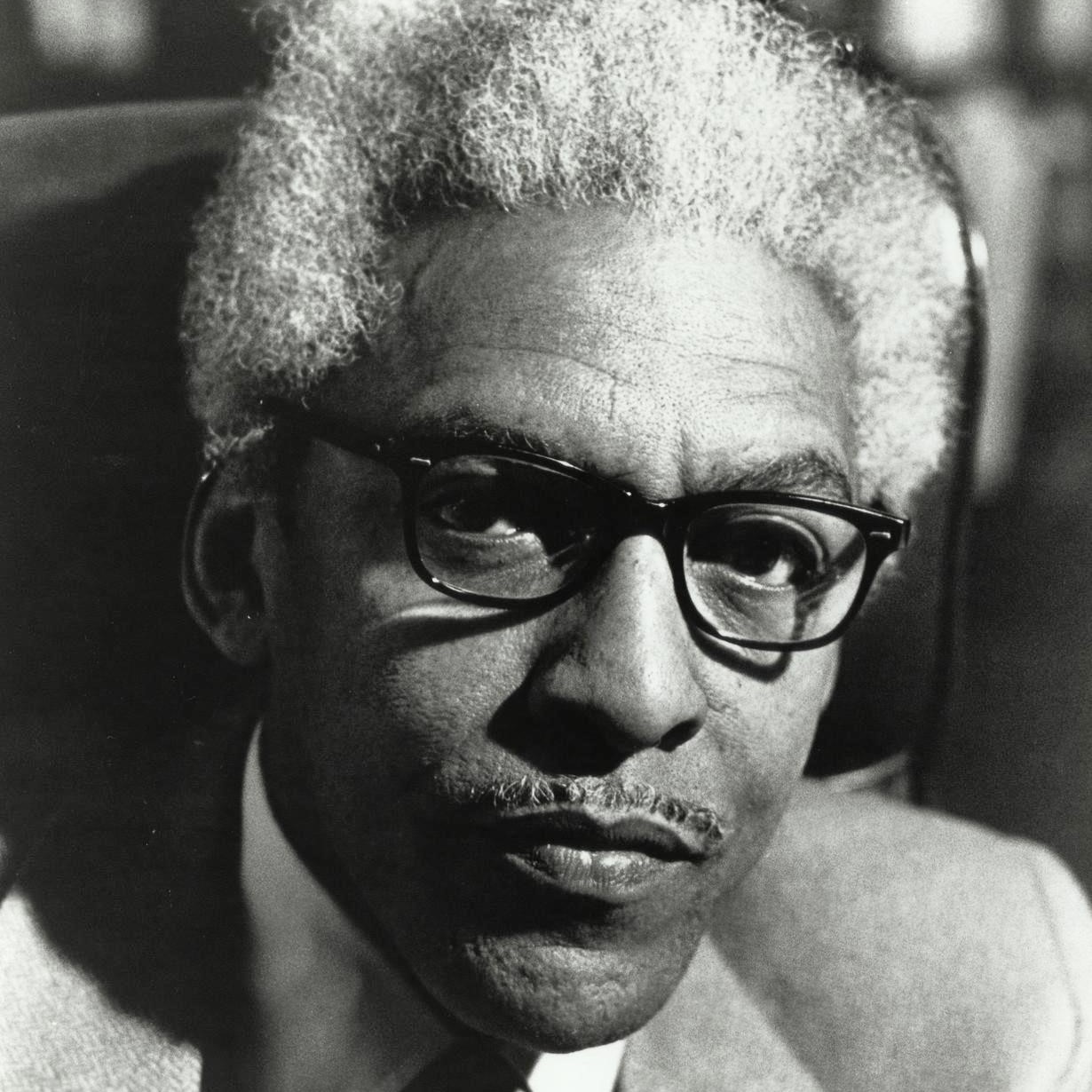Bayard Rustin’s letter to the Draft Board

Reader Responses
When have you used nonviolence as a tool for change?
What did it teach you about your opponent? About yourself?
I walked into a Walmart store and saw a customer berating a store employee loudly, to the point that the customer's small son was fearful and looking for a place to hide. I calmly walked up to the employee (not making eye contact with the customer) reached out and took his arm and led him away saying, "I'm so glad to see you, I need some help in the bicycle department!" The angry customer didn't say a word as we walked away with the employee thanking me.
The person in control of their emotions is the one in control of the situation.
Laura G., Newton, KS, USA

This Week’s Messages
Mon May 05
Violence Shall No More Be Heard
“Let us no longer be blinded by the dim theology that only in the far seeing vision discovers a millennium, when violence shall no more be heard in the land wasting nor destruction in her borders; but let us behold it now, nigh at the door lending faith and confidence to our hopes, assuring us that even we ourselves shall be instrumental in proclaiming liberty to the captive.” …
Tue May 06
The Ultimate Justification for Peacemaking
“It should be the goal of understanding to pierce first through the thin layer of superficial familiarity and then through the hard rock of differing customs, habits and beliefs to discover the real humanity that lies beneath. National, racial and religious differences have not destroyed our common humanity, but they have given it different faces which may tempt us to forget that all the things that really matter, life and death, birth and love, joy and sorrow, poetry and prayer, are common to us all.” …
Wed May 07
We Cannot Retire from Political Activity
“In time of conscription and war, we cannot retire for practical purposes from political activity, from attempting to influence the nation’s course, especially when there are still certain democratic channels available for doing so. The movement as a whole should not, it seems to me, become quietist and non-political. That might be merely an expression of an isolationist or escapist attitude, neither of which expresses the true spirit of community with our fellows.” …
Thu May 08
To Puritans, Quakers Were “Ravening Wolves”
“Again and again in history we see that violent persons do not regard their opponents as fully human. The Greeks, it seems, waged war only against ‘the barbarians.’ For the Massachusetts Puritans, the early Quakers were ‘ravening wolves.’ African slaves were thought to be animals. Himmler repeated again and again that Jews were vermin, and vermin must be exterminated. The Nazis, in turn, were ‘mad dogs.’ […] It is easy to be violent against those who are seen as either inhuman or non-human. The task of nonviolent campaigners, then, is to get the opponent to see them as human beings.” …
Fri May 09
Beware Lest by Our Example We Lead Others Wrong
“To conform a little to a wrong way strengthens the hands of such who carry wrong customs to their utmost extent; and the more a person appears to be virtuous and heavenly-minded, the more powerfully does his conformity operate in favour of evil doers… what expressions are equal to the subject, or what language is sufficient to set forth the strength of those obligations we are under to beware lest by our example we lead others wrong.” …
Sat May 10
A Quaker’s Refusal to Pay War Taxes
“Joshua Evans, an associate of John Woolman’s, came to his decision to refuse paying war taxes in 1756. Some told him that Christ said to pay Caesar his due, ‘but I saw through their groundless arguments, for there was nothing in the text about War.’ Moreover, Joshua Evans had always paid taxes to maintain government, ‘though not to pay for killing men, women, and children.’ He was sure his path was rightly led, because ‘when my goods have been taken it has seemed as though I had never possessed them and could in my heart love my Opposers and magnify God.’ Joshua Evans and his wife found the way of war tax resistance to be costly in the loss of possessions. Nonetheless, he cheerfully remarks: ‘I saw those who would be the followers of humble Jesus must be willing to suffer.'” …
Banner image: Todd Drake
Read the source of today’s quote





